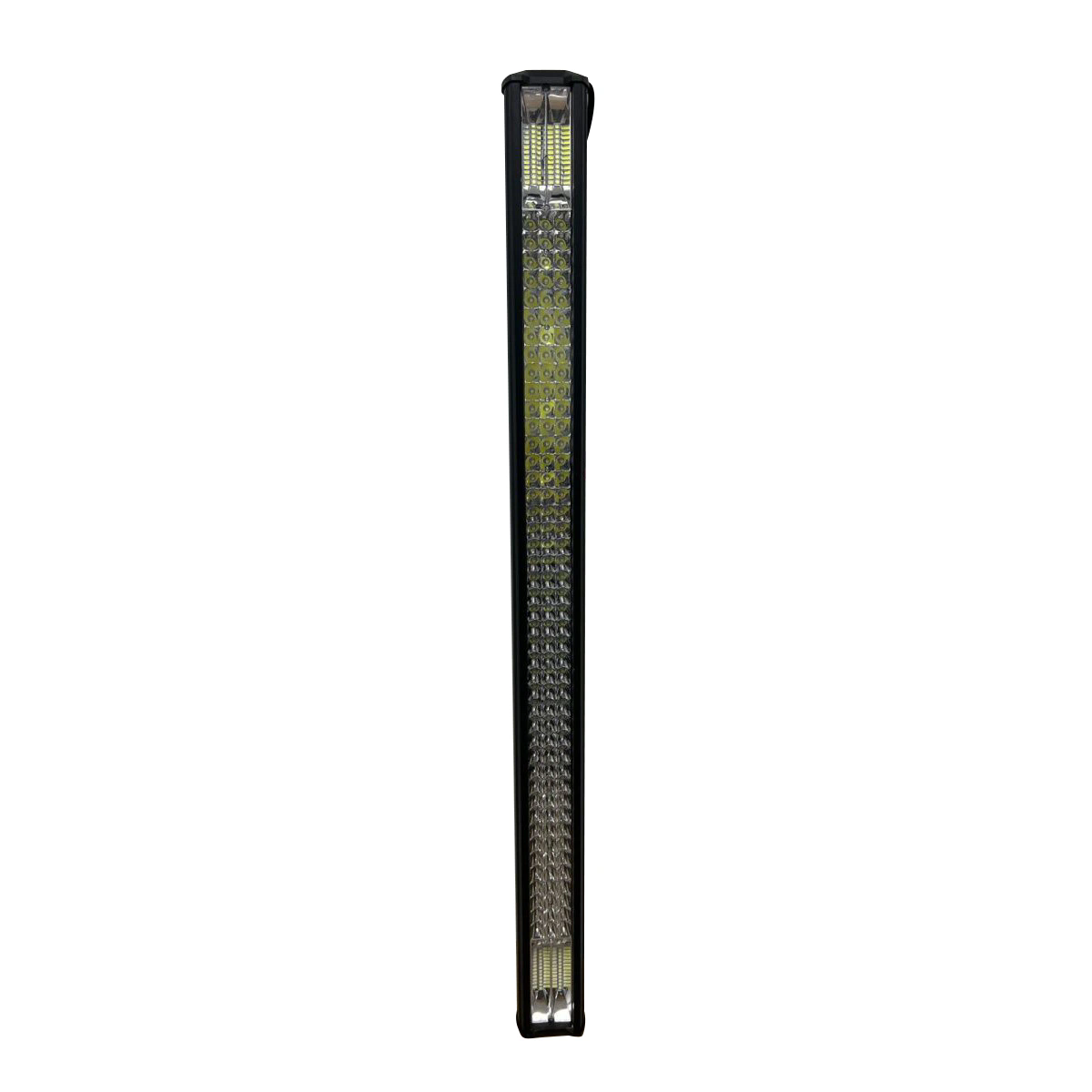Why Aluminum Solar Frames Are Essential for Solar Panel Systems
2024-09-07
As the world shifts toward renewable energy sources, solar power has become a popular choice for both residential and commercial energy solutions. One key component that often goes unnoticed but plays a critical role in the durability and efficiency of solar panel installations is the aluminum solar frame. This unassuming structure provides essential support and protection for solar panels, ensuring they function optimally and last for decades. In this blog, we’ll dive into the importance of aluminum solar frames, their advantages, and why they are an industry standard in solar power systems.
What is an Aluminum Solar Frame?
An aluminum solar frame is the structural framework that surrounds the edges of solar panels. It serves as the mounting base, securing the panel in place, and providing stability under various environmental conditions. These frames are typically made from high-grade aluminum alloys, which offer an excellent balance between strength, lightweight design, and corrosion resistance.
The Role of Aluminum Solar Frames in Solar Systems
Aluminum solar frames play several critical roles:
1. Structural Support: Solar panels are exposed to the elements year-round, and the aluminum frame provides the rigidity and strength needed to withstand wind, rain, and snow. It helps prevent bending or warping, ensuring the solar panel remains flat and operational.
2. Mounting Platform: The frame allows the solar panel to be mounted on various surfaces, such as rooftops, ground mounts, or tracking systems. It ensures the panels are securely fixed and positioned at the right angle for maximum sunlight exposure.
3. Protection of Solar Cells: The solar cells, which convert sunlight into electricity, are fragile and need protection. The aluminum frame safeguards the cells from physical damage and also supports the tempered glass that covers the panel, enhancing the panel’s overall durability.
Why Choose Aluminum for Solar Frames?
Several materials can be used for solar panel frames, but aluminum has become the most widely used due to its unique properties. Let’s explore the key advantages:
1. Corrosion Resistance
Aluminum is highly resistant to corrosion, which makes it ideal for outdoor applications. Solar panels are often exposed to rain, humidity, and salty environments near coastal areas. Aluminum’s natural oxide layer protects it from rust and corrosion, ensuring that the frame remains intact for the lifespan of the solar panel system, typically 25-30 years.
2. Lightweight
One of aluminum’s most significant advantages is its light weight. A lighter frame makes transportation and installation easier and more cost-effective. This is particularly beneficial for large solar farms or rooftop installations, where minimizing weight is crucial to avoid putting excess load on structures.
3. Strength and Durability
Despite being lightweight, aluminum is incredibly strong. It offers excellent tensile strength, which means the frame can withstand harsh environmental conditions, including high winds, heavy snow loads, and even impacts from debris. This makes aluminum frames a reliable choice for solar panel installations in various climates.
4. Thermal Conductivity
Aluminum has high thermal conductivity, meaning it dissipates heat efficiently. Solar panels can get quite hot during operation, and an aluminum frame helps to cool them down, ensuring optimal performance and preventing damage due to overheating.
5. Sustainability
Aluminum is a highly sustainable material. It is 100% recyclable without losing any of its properties, making it an eco-friendly choice for solar panel frames. The recycling process for aluminum uses only a fraction of the energy needed to produce new aluminum, aligning perfectly with the goals of sustainability in renewable energy.
Customization Options for Aluminum Solar Frames
Aluminum solar frames are not one-size-fits-all. They can be customized to fit different solar panel sizes, shapes, and configurations. Many manufacturers offer options for anodized finishes, which enhance the corrosion resistance and give the frames a sleek appearance. Custom brackets, mounting holes, and edge designs can also be added to meet specific installation requirements.
Applications of Aluminum Solar Frames
The versatility of aluminum solar frames makes them suitable for a wide range of solar energy applications:
- Residential Rooftop Systems: Lightweight and durable aluminum frames are ideal for mounting solar panels on residential rooftops, where minimizing weight is essential to avoid stress on the structure.
- Commercial Installations: Aluminum frames are used in large-scale solar farms and commercial buildings, providing the strength and durability required for long-term, high-performance installations.
- Solar Tracking Systems: Aluminum’s lightweight nature and strength make it ideal for use in solar tracking systems, where panels need to be mobile to follow the sun’s path throughout the day.
- Off-grid and Portable Solutions: In off-grid or portable solar panel systems, where weight and ease of transport are critical, aluminum frames are a popular choice due to their light weight and resilience.
Conclusion
Aluminum solar frames are an indispensable component of solar panel systems, providing structural integrity, protection, and ease of installation. Their corrosion resistance, lightweight design, strength, and sustainability make them the ideal material for solar applications, ensuring the long-term durability and performance of solar power installations.
Whether you’re considering solar power for your home or managing a large-scale solar farm, choosing solar panels with high-quality aluminum frames is essential for maximizing efficiency, longevity, and environmental benefits. Aluminum solar frames are the unsung heroes behind the success of solar energy systems, supporting the transition to a cleaner, greener future.



